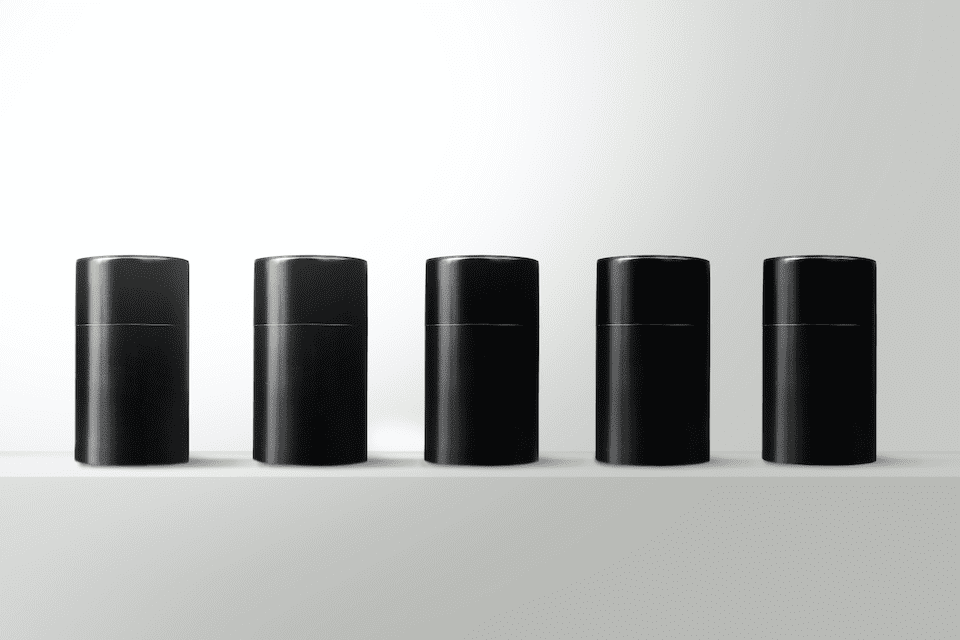This website is made possible by readers. I may earn a small commission when you buy through the links in this article at no extra cost to you. Learn more.
I was trying to sell some stuff online recently and spent a good part of the afternoon taking photos, communicating with the buyer, and dealing with delivery. I was mindlessly going through the process. As a self-proclaimed minimalist, I've gone through the process many times.
As I argued with a customer over a technicality in the description, I started feeling frustrated. “What am I doing?” I thought. At that moment, obtaining something seemed much easier than getting rid of it. Shouldn't it be the other way round?
If you think about it, the time and energy I'm spending to get rid of something is also part of the cost of owning something. Evidently, there are hidden costs at play beyond the cost of the product.
Does a pair of beautiful leather Wing Tips that cost $300, really cost just $300? It's not a trick question.
The answer is, well, not really. This isn't something that you often think about when you are getting your dopamine hit making a purchase for something on your wish list.
When you buy something, apart from the price of the product, there are really extra costs, be it to your time, effort or money.
Decision Costs
How much time did you spend trying to look for the perfect pair of shoes before you decided on this one? How much time did you spend trying out different pairs before you decided? Did you maybe call up your SO to ask her how it looked? How much did you pay for gas or transportation to get to the shoe shop?
Maybe you bought it online? Then, how much time do you spend looking at reviews, making comparisons? The decision process is an essential part (I write reviews, so I should know) but it costs time, and time used for this purpose is lost opportunity cost.
Startup Costs
It takes time to understand how some things work as well as set something up. I have my mirrorless camera for two months now and have yet to completely master it. I feel stressed at times when I can't get the exact settings I needed.
Maybe you've mastered a gadget, but now a shiny new toy urges you to replace it. It's back to zero once again.
This used to be an ad.
But no one likes ads, so I got rid of them. If my articles helped you, I ask for your support so I can continue to provide unbiased reviews and recommendations. Every cent donated through Patreon will go into improving the quality of this site.
Maintenance Costs
How much time do you spend maintaining your shoes? The time you spend polishing? If the sole wears out, you would have to send it for repair which costs time and money.
Even laundry to maintain your clothes uses up water that adds to your utility bills. Let's not even get started with electronics…
Spatial Costs
Each product you have in your home takes up space. Since you pay per square feet for the space you live in, you are literally paying rent to have the product in your home.
Disposal Costs
Yes, it costs time and money to get rid of something. Even just to throw something out might cost money. For example, in Japan, you need to pay 300 yen to buy a seal that lets you throw out large items like furniture.
Even if you want to sell it online, the time you spend taking photos, negotiating, arranging for delivery are time and money costs, as well as adds to the number of things you need to think of.
Even giving it away costs time and effort. You need to find the person to give it to, arrange for the pickup, etc
Does this mean you can't buy anything?
Nope, not at all. The point of this is so you understand what you are in for and can make a fully intentional purchase.
Knowing the true cost of what you are buying will allow you to effectively judge whether a product is worth the price. This is why I usually buy technical clothing which requires the least amount of maintenance.
I designed a thing.

I found a 100 year old company that would create these heirloom quality canisters for me. They are handmade and will keep your tea leaves, coffee beans or anything that you need dry for years to come.
or read review
How do I do this?
So, how should you go about being more intentional about the true costs of your purchases? Here are a few habits I have
Wait
As someone who used to refresh the Supreme online store website a minute before it releases their new products weekly, I'm well aware of the horde mentality. “I must get it now, before everyone else has it, before it runs out.”
But you really don't. This is why many minimalists encourage waiting for a week to decide whether you really need it. This gives me the time to reflect on the true costs and curb impulse buys.
Resist
Really, if you just don't buy the product, you won't incur either the seen or unseen costs. If you can resist the urge or recognize that it's a want, and not a need, simply not buy it.
Reflect
Whenever you dispose of an item, you went through the entire process of getting rid of it. It's good to think of the time you spend and reflect on whether the value of the product was worth the effort. This is essentially a deeper form of the appreciation that Marie Kondo promotes in her methods.
Conclusion
That's it. Hopefully, this helps you understand the true costs of your purchases for a more intentional buying habit.
Tagged minimalism